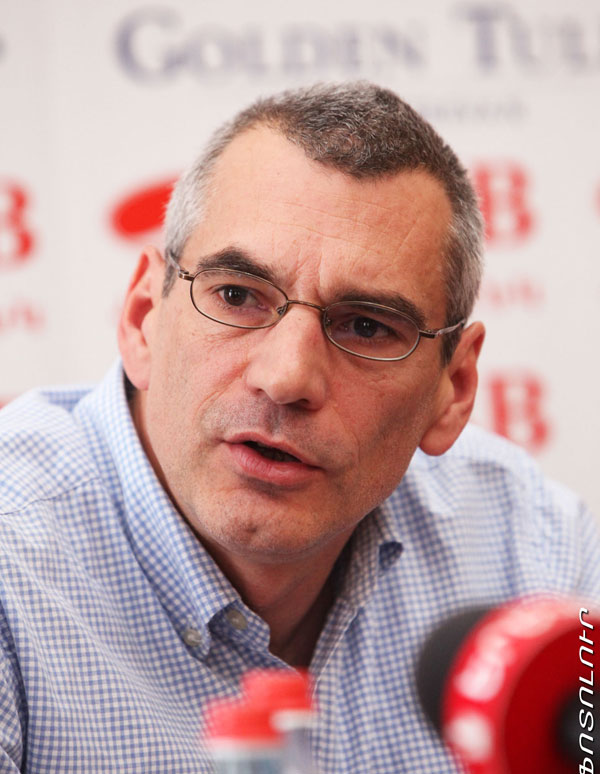By Richard Giragosian
Politics in Armenia have generally been a sad and disappointing exercise in futility. For many years the absence of free and fair elections has deprived the Armenian voter of a real choice of candidates and parties. Even beyond that structural deficiency in democracy, Armenian politics have also been defined by a dismal “race to the bottom” in terms of discourse and political culture, only magnified by professional politicians largely treating the profession as a hobby rather than a campaign. But even more critical was an emphasis on elections as a choice between personalities and not as a competition of policy ideas or alternatives.
Fortunately, there is a sense of renewed optimism, as the change of government has also ushered an equally dramatic shift in the country’s political landscape. Most notably, there is a pronounced new degree of political accountability, matched by a greater sense of legitimacy and responsibility. At the same time, there are justified expectations for a serious improvement in the conduct of elections as well, with a free and fair vote much less the aberration and much more the minimum demand for many voters.
Yet even with these gains, there is still a lingering tendency of politics dominated by personality over policy. And despite the importance of the coming pre-term election for a new parliament in order to reflect the country’s new political reality, there are several serious concerns.
One concern over the extraordinary parliamentary election is the rush to bring the vote forward. Once planned for sometime in mid-2019, Armenian Prime Minister Nikol Pashinyan has since pushed for a much earlier election, now set for early December 2018. In a political context, this move is natural, driven by a need for the Pashinyan government to sustain momentum in order to maintain popularity, especially in the face of dangerously high expectations among much of the population. And equally important, the decision to seek an earlier election was also a result of the self-confidence of Prime Minister Pashinyan and his team after an even better than expected turnout in the Yerevan municipal election in October.
But while the new political reality requires a new parliament that more accurately represents the new political landscape, the new timetable does little to ensure a fairly equal and level “playing field” for all candidates and parties. This also suggests that the early election may result in a dangerous combination of a weak or even absent opposition and yet another model of one-party dominance in the next parliament.
A second concern stems from the already evident repeat of the traditional problem of a political contest of strong personalities with weak policies. This legacy of focusing on individual candidates instead of party programs or policy alternatives is not only an indictment of the country’s political culture, but also deprives the ordinary voter of a deeper choice of candidates.
And while the weakness of party ideology is not necessarily a strictly negative development, especially given the rise of right-wing ideological extremism throughout Europe, in the case of Armenia, there is an obvious need for the development of a more sophisticated public policy process to address the daunting set of challenges facing the country. For example, despite the importance of foreign policy issues, ranging from the difficult relationship to Russia to the diplomatic challenge of the Karabakh conflict, there are fundamental domestic issues, such as nuclear energy, education policy, poverty reduction, etc., where government policies remain largely undefined and under-developed.
What this means for the government more specifically, and for the country as a whole, is that no matter what the outcome of the coming parliamentary election, the demands of governance will only continue to challenge the country’s still rather inexperienced leadership. It will also mean that the next challenges to come, as priorities in the post-election period, will be to manage high expectations on the government to deliver results, to recognize the necessity for compromise and consensus and, perhaps most notably, the need to develop and formulate public policy that offer real ideas and alternative ideas beyond an appeal of personalities. And against that backdrop of what comes next, it will clearly not be an easy test for a new parliament forced to govern a country in a still new parliamentary form of government.
……………………
Richard Giragosian is the director of the Regional Studies Center (RSC), an independent “think tank” in Yerevan, Armenia.























































